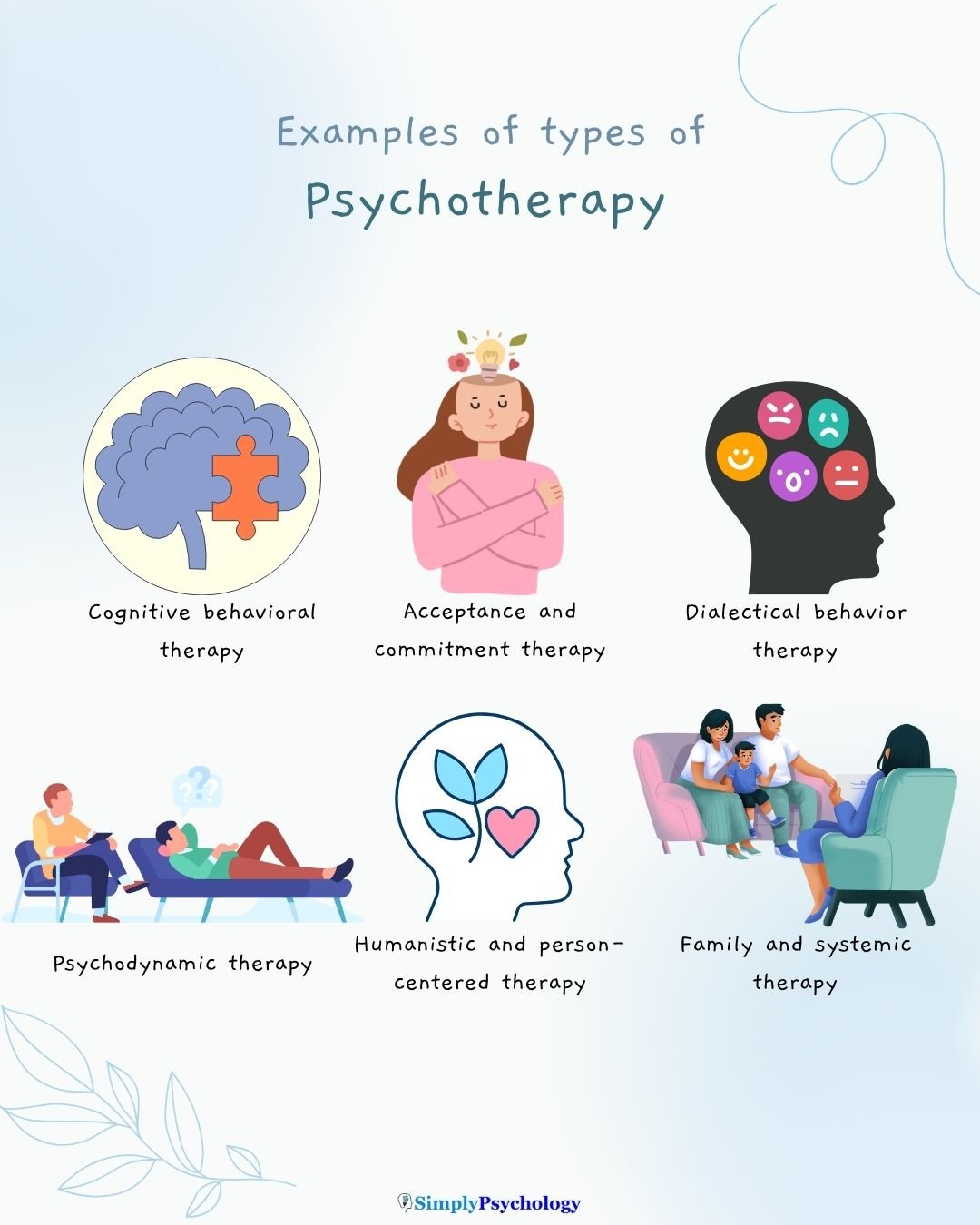Accessible low cost therapy: A Step-by-Step Plan
Wiki Article
Exploring the Advantages of Virtual Therapy in Modern Mental Wellness Treatment
The surge of virtual therapy notes a substantial change in mental healthcare. It offers enhanced accessibility, allowing individuals from diverse backgrounds to seek aid without geographical constraints. Versatility in organizing fits varying way of livings, while the convenience of home can cultivate visibility. Nonetheless, the ramifications of these modifications expand past mere convenience. The advancing landscape of therapy increases crucial questions about its long-term effects on client engagement and treatment outcomes.Enhanced Ease of access for All
Standard therapy typically presents obstacles such as geographical location and scheduling problems, virtual therapy substantially boosts accessibility for individuals looking for psychological wellness support. By removing the requirement for physical traveling, virtual therapy enables clients from remote locations or those with wheelchair difficulties to attach with qualified experts. This mode of therapy can get to underserved populaces who might do not have regional psychological health and wellness resources, thus dealing with differences in access to care. In addition, virtual platforms can provide to diverse demands, providing solutions in multiple languages and fitting different cultural backgrounds. Customers can involve with a broader array of experts, giving them with alternatives that align with their specific demands and preferences. This enhanced availability promotes a much more inclusive setting, enabling individuals to look for assistance without the stigma frequently connected with in-person check outs. In general, virtual therapy stands for a substantial innovation in making psychological healthcare more obtainable to all.Versatility in Organizing Procedure
As virtual therapy remains to gain grip, its inherent flexibility in scheduling sessions confirms to be a significant advantage for many individuals. Unlike traditional in-person therapy, virtual therapy permits customers to choose session times that ideal fit their individual and specialist dedications. This adaptability accommodates those with demanding work timetables, household responsibilities, or various other dedications that can make participating in physical consultations challenging.
Customers can conveniently reschedule or readjust their sessions as required, decreasing the stress and anxiety associated with inflexible appointment systems. The schedule of different time ports throughout the week, consisting of nights and weekend breaks, additionally enhances accessibility. This adaptability not just urges uniformity present yet also cultivates a better dedication to the restorative process. Eventually, the versatility in organizing sessions represents a transformative change in mental healthcare, empowering people to prioritize their wellness without giving up other elements of their lives.
Convenience of a Familiar Atmosphere
The comfort of an acquainted atmosphere substantially improves the performance of virtual therapy for lots of customers. Participating in therapy from the safety of their very own homes enables people to really feel more secure, reducing anxiety that may come with conventional in-person sessions. This experience can help with open interaction, allowing clients to share their thoughts and feelings extra openly.The existence of personal products and the ability to regulate their surroundings can contribute to a sense of safety and security and relaxation. Clients commonly report that being in a comfortable space enables them to concentrate much more on the restorative procedure as opposed to the establishing itself.
In addition, the informal nature of virtual sessions can aid liquify barriers that may exist in a typical workplace atmosphere, promoting a much deeper link with specialists. Overall, the comfort of familiar surroundings plays an essential function in enhancing the restorative experience and efficiency for several people looking for mental health and wellness assistance.
Larger Range of Healing Choices
A broader series of therapeutic choices appears via virtual therapy, permitting customers to access numerous methods that might not be practical in conventional settings. This versatility allows people to discover varied approaches such as cognitive-behavioral therapy, mindfulness practices, art therapy, and even specialized interventions like trauma-informed care or dialectical behavior therapy.Clients can pick from a broader range of specialists, consisting of those that specialize in particular niche locations or details populaces, improving the probability of discovering an ideal suit. Virtual platforms commonly offer access to team therapy sessions, support neighborhoods, and workshops that might be geographically inaccessible otherwise.
This selection encourages clients to take part in their recovery process according to their distinct choices and requirements, possibly boosting inspiration and dedication to therapy. As an outcome, the landscape of psychological healthcare becomes more inclusive and adaptable, providing to a wider range of specific experiences and challenges.
Decreased Preconception Surrounding Therapy
Accessing therapy through virtual systems contributes to a significant reduction in the preconception typically associated with mental healthcare. By offering a very discreet and personal setting, virtual therapy enables individuals to look for aid without the fear of being judged or identified. This anonymity attract those that might or else wait to try this web-site seek in-person therapy as a result of social assumptions bordering psychological health and wellness.As the frequency of virtual therapy increases, it normalizes the discussion around mental wellness, making it a much more appropriate component of daily life. Individuals commonly really feel much more comfortable reviewing their experiences on the internet, promoting openness and lowering sensations of isolation. The ease of access of these solutions likewise encourages a more comprehensive market to involve with mental health resources, cultivating a society of support as opposed to shame. Inevitably, the increase of virtual therapy plays a vital function in reshaping mindsets towards seeking aid, adding to a much more approving culture relating to mental wellness challenges.
Cost-Effectiveness and Cost

Reduced Session Prices
Many individuals seeking mental wellness assistance discover that virtual therapy significantly reduces session costs compared to conventional in-person alternatives. The removal of traveling expenses and pause work frequently adds to total cost savings. Additionally, many virtual therapists use affordable rates as a result of reduced overhanging prices linked with preserving a physical office. This change in expenditure allows clients to accessibility top quality psychological health services without the financial pressure that might feature traditional therapy. For several, this cost allows more regular sessions, which can boost treatment results. Consequently, virtual therapy not just democratizes access to mental health and wellness treatment yet also provides a sustainable monetary version that aligns with clients' spending plans, making psychological health assistance much more possible for a larger target market.Increased Accessibility Options
While conventional therapy often offers logistical obstacles, virtual therapy significantly broadens gain access to alternatives for people seeking psychological healthcare. By removing the requirement for traveling and permitting versatile scheduling, virtual therapy fits varied lifestyles and commitments. This accessibility is especially helpful for those in remote locations or with flexibility obstacles. Additionally, the cost-effectiveness of virtual therapy decreases financial stress, making psychological health and wellness solutions a lot more reachable. Lots of platforms provide tiered prices or sliding scale costs, promoting affordability. Insurance provider increasingly recognize virtual therapy, more boosting its monetary accessibility. In general, virtual therapy not only widens the range of that can receive treatment however also addresses economic obstacles, making psychological health and wellness assistance more inclusive and obtainable for all.Boosted Continuity of Treatment
Enhanced connection of treatment becomes a substantial benefit of virtual therapy in modern mental health and wellness care. This strategy enables people to preserve constant interaction with their therapists, no matter geographical obstacles or scheduling problems. virtual therapy. The flexibility of virtual sessions promotes routine check-ins, which are vital for monitoring development and adjusting therapy intends as essentialIn addition, digital wellness documents and telehealth systems help with smooth information sharing amongst treatment suppliers. This interconnectedness guarantees that all specialists included in a patient's care are upgraded on treatment advancements, leading to more worked with and effective interventions.
Clients often experience minimized anxiety and boosted engagement because of the comfort of accessing therapy from acquainted settings. Such accessibility boosts adherence to treatment regimens, ultimately boosting end results - virtual therapy. To sum up, virtual therapy not only bridges spaces in psychological wellness solutions but also fortifies the connection of care, a vital view website element of effective therapeutic connections
Regularly Asked Inquiries
How Does Virtual Therapy Make Certain Privacy and Privacy for Customers?
The current concern addresses the actions virtual therapy employs to safeguard client discretion. Using encrypted platforms, secure logins, and conformity with regulations like HIPAA, virtual therapy assurances that delicate info continues to be exclusive and unattainable to unauthorized people.Can I Switch Therapists Easily in Virtual Therapy?
Switching over therapists in virtual therapy is normally straightforward. Customers can connect their need for a modification via the platform, enabling for adaptability in finding a far better match without the logistical challenges of in-person consultations.What Modern technology Do I Need for Virtual Therapy Sessions?
To take part in virtual therapy sessions, a specific commonly requires a dependable internet link, a computer system or smartphone with a cam and microphone, and access to a safe video conferencing platform defined by their therapist.
Are Virtual Therapy Sessions as Effective as In-Person Procedure?
Current research studies show that virtual therapy sessions can be similarly reliable as in-person sessions, depending on the person's choices and conditions. Factors such as comfort and accessibility might enhance the total healing experience for some customers.What Should I Do if I Experience Technical Issues Throughout a Session?
If technological problems emerge during a session, one should steadly communicate the problem to the specialist, effort to reconnect, or button to a backup technique. Persistence and adaptability are crucial in managing these disturbances.Report this wiki page